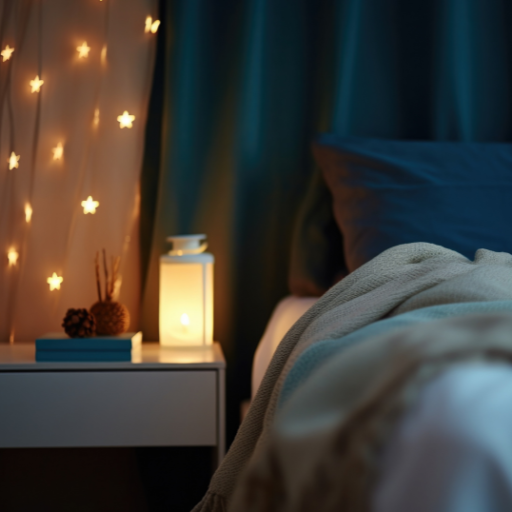In partnership with MentalHealthLiteracy.org
Sleep is important for your physical and mental health. For Harry Potter fans, it’s like a magic wand for your mind and body, helping you make sense of your day, getting you ready to learn new things, and giving your body a well-deserved rest.
Did you know your brain cleans itself while you sleep? Cerebral spinal fluid flushes the brain and removes waste products — like a biological dishwasher. Amazing, right? Good sleep is like a battery charger for our life, helping us handle anything that comes our way.
Catching Zs can be tough. But don’t worry, we’ve got some cozy tips to tuck you into the land of dreams.
What is on Your Plate Matters
- Food: Eating too much before bed isn’t great, but don’t go to bed hungry, either. A small snack can be just right, but skip the chocolate – it might keep you awake.
- Caffeine: Coffee, tea, sodas, and some OTC medicines have caffeine. Find out how it affects you, and try not to have any six to eight hours before bedtime.
- Nicotine: It might feel calming, but smoking actually signals your brain to stay awake. Tricky, right?
Create a Sleep-Friendly Space
- Make your bedroom a cozy cave for sleep – dark, comfy, and not too hot.
- Keep your bed just for sleeping. Avoid homework, phone chats, or TV there. Let your brain link your bed with snoozing.
- Electronics should be out of the bedroom, or on silent mode, so they don’t tempt you or wake you up.
Daytime Dos for Dreamy Nights
- Exercise: A 30-minute workout can do wonders. Just figure out if working out before bed fires you up or winds you down.
- Bedtime Routine: Find your natural sleep time and stick to it. Keep things calm around this time.
- Relax Before Bed: Brush your teeth, wash your face, maybe write in a journal or read a little. Steer clear of screens 30 minutes before bed — they’re like an alarm clock for your brain!
Falling Asleep Made Easier
- Try to push worries aside. Meditation, deep breathing, or imagining something peaceful (think: ocean waves) can help.
- Keep a notepad by your bed. Write down any nagging thoughts so your mind can relax.
- Don’t clock-watch. If sleep’s playing hard to get, read a bit and then try again. This helps your body learn that bed means sleep.
Remember, you’re unique, and what works for others might not be your cup of tea. Play detective to find what works best for you.
Sleep tight and dream bright!
For more tips, check out mentalhealthliteracy.org.



